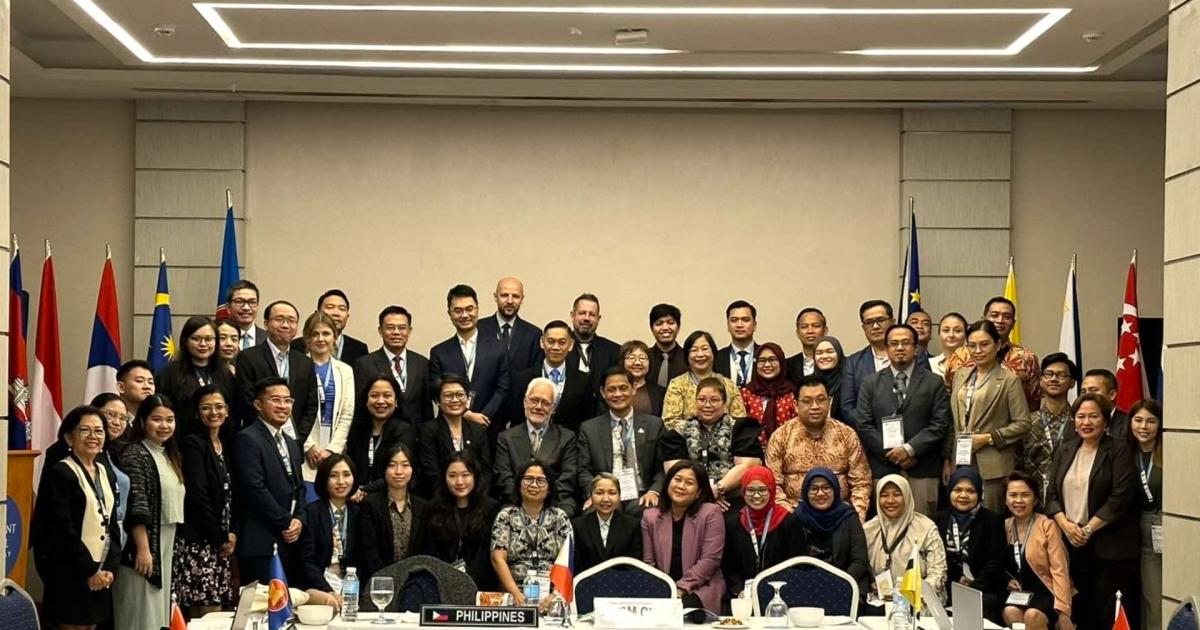
NGOCSTIP – ASEAN Reinforces Migrant Safety Measures through a renewed regional commitment to tackle human trafficking and migrant exploitation. During a recent summit in Vietnam, leaders from ASEAN member states addressed the growing urgency of protecting migrant workers, especially in the face of increasing digital fraud and labor abuses. As human trafficking networks evolve, the bloc acknowledges that traditional border policies and fragmented strategies are no longer enough. With Indonesia being the largest source of migrant workers within the region, the burden of responsibility is now shared across the ASEAN community. Emphasis is being placed on transparent cooperation, victim recovery programs, and digital surveillance to dismantle trafficking operations. By adopting a collective stance, ASEAN aims to ensure the rights, dignity, and safety of its workers across borders, particularly in nations where labor demand creates high vulnerability. These steps illustrate a proactive stance in curbing regional trafficking crimes at their root.
Indonesia plays a critical role as ASEAN reinforces migrant safety measures across the region. As the largest exporter of migrant labor in Southeast Asia, the nation contributes significantly to the bloc’s foreign workforce. This status increases the exposure of Indonesian workers to labor exploitation, wage theft, and modern slavery. ASEAN reports show that over 85 percent of human trafficking cases within member states involve fraudulent recruitment methods and forced labor conditions. Cambodia, in particular, reports a notable rise in trafficking incidents involving workers from neighboring countries. Traffickers often lure victims with online job offers that promise stable income but deliver exploitative labor conditions. To combat this trend, ASEAN partners create joint task forces, improve communication among border patrol units, and build centralized labor databases. These measures allow authorities to detect trafficking networks early and stop illegal recruitment practices before they expand.
“Read about: Walking for Her: A Journey of Hope Across Three States”
In the digital era, trafficking methods have shifted from physical coercion to psychological manipulation through online channels. Traffickers now use encrypted messaging apps, fake recruitment platforms, and social media advertisements to mislead potential victims. False promises of overseas employment, better wages, and work permits trap thousands of migrant workers each year. Many individuals are unaware of the risks until they arrive at remote job sites where their identification documents are seized. In response, ASEAN governments are investing in cyber-monitoring units to track suspicious digital behavior linked to trafficking activities. Tech companies are being urged to support the identification and removal of fraudulent content that targets vulnerable populations. ASEAN has also announced plans to integrate anti-trafficking education into digital literacy programs, especially for prospective migrant workers in rural areas. These prevention tactics aim to reduce digital deception and equip communities with tools to resist and report exploitation.
To fight trafficking effectively, regional coordination must involve more than just treaties and formal declarations. ASEAN countries now implement concrete actions to improve cross-border rescue missions and repatriation of trafficking victims. Specialized units actively identify, recover, and rehabilitate victims trapped in labor camps, factories, or private homes. Over the past year, government agencies and NGOs worked together to return hundreds of survivors to their home countries. These missions demand close legal and logistical collaboration, but they also show the region’s potential for large-scale impact. ASEAN’s roadmap includes the development of regional shelters that provide medical, legal, and psychological support. Member states now treat rehabilitation as a central part of justice, not an optional step. Despite ongoing challenges in remote border areas, this growing cross-border cooperation helps restore public trust in ASEAN’s ability to safeguard its communities.
“Read more: Dr Krishnan Leads Historic Surgery on Newborn”
Looking ahead, ASEAN’s anti-trafficking blueprint focuses on people-first strategies that prioritize migrant dignity, safety, and rights. Migrant-centered security involves proactive legal protections, real-time data sharing, and community engagement. ASEAN leaders envision a future where foreign labor is treated as an asset rather than a risk. Policy reforms will target loopholes in recruitment practices and labor contracts that often leave migrants unprotected. Several member states are preparing to ratify agreements that criminalize deceptive recruitment even before harm occurs. Technology will continue to play a role, particularly in identity verification and blockchain systems to track employment chains. Importantly, ASEAN will promote community reporting systems that allow migrants to share concerns without fear of retaliation. These inclusive, transparent measures ensure that the fight against trafficking becomes a shared duty, not just of governments, but also of employers, civil society, and the public at large.